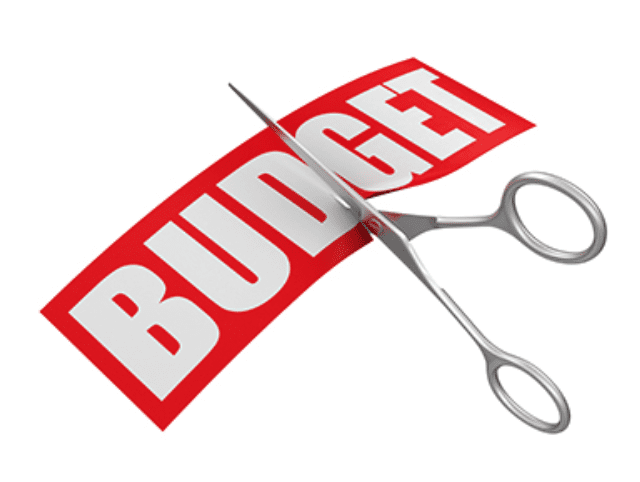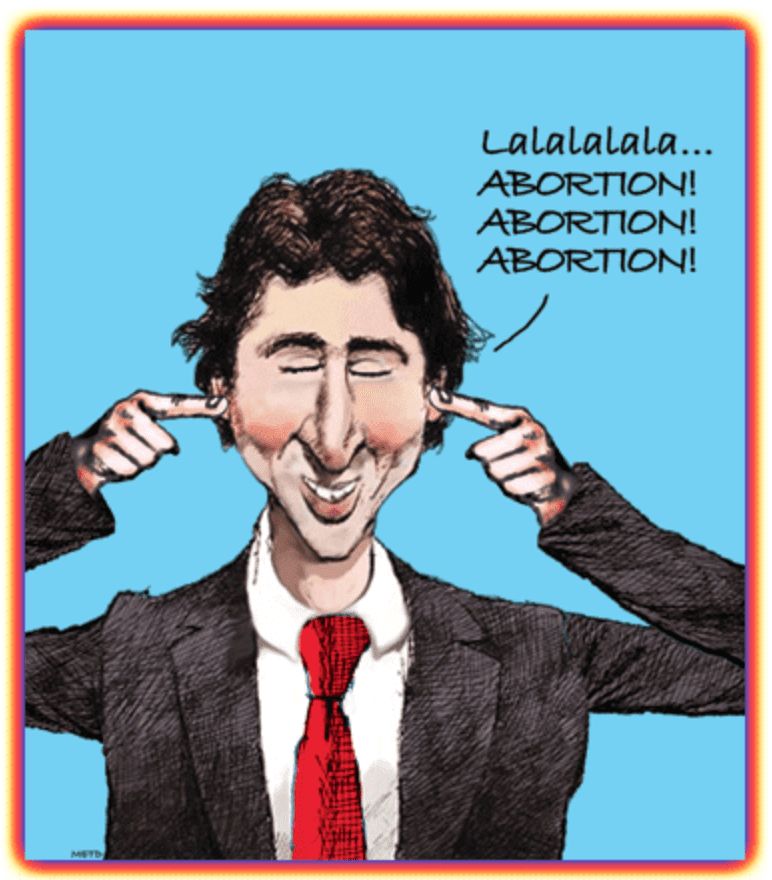Be careful what you ask for. It's a wise old saying that Alberta Premier Jason Kenney may hear softly whispering in his ear for the next four years.
The blue ribbon panel on the province's finances, led by former Saskatchewan NDP Finance Minister Janice MacKinnon, provided Kenney with the cover he wanted to slash provincial spending. It had little choice given a mandate which could not address the revenue side of the budget equation.
Immediately after the report Kenney was happy to tweet the report's verdict: "As former NDP Finance Minister Janice MacKinnon says, Alberta has a spending problem, not a problem we should address by raising taxes."
But MacKinnon's report, complete with 26 pretty specific recommendations, contains some poison political pills the government swallows at its peril.
"We have the stomach to be responsible to the Albertans that elected us, to bring this province to fiscal balance," says Travis Toews, the province's unflappable finance minister.
But intestinal fortitude isn't the only quality that keeps voters on your side.
The basic Conservative formula for tightening the budget is well trod ground. Reduce the size of the civil service and cut their pay, tighten spending on social programs, stop building courthouses in every rural municipality, maybe close a smallish hospital or two, shave a bit off the education budget, transfers to municipalities, — just basically share the pain across the province for a couple of years until natural resource revenues comes back up.
Ralph Klein did it and, although his legacy of delayed infrastructure spending is vilified even in some conservative circles, the party stayed happily entrenched in power.
But the MacKinnon report, at its heart, asks for a different order of budget restructuring.
The province needs to cut $600 million in operating expenses to get to a balanced budget by 2022-23. And the restrained spending continues for decades to beat the debt down to zero by 2043-44.
The report's targets and tactics will take brass knuckles.
For instance the panel takes aim specifically at doctors, a not inconsiderable political force in the province. Physicians should get incentives to go to alternative payment plans and the agreement with the Alberta Medical Association should be renegotiated.
"Every effort should be made to achieve a negotiated agreement, but the government should also consider its legislative options."
While the NDP official opposition probably won't man the ramparts to protect well-paid physicians in a protracted fight over compensation, a sweeping recommendation that also recommends legislation on the public sector wage front will trigger a fight in the legislature and major challenges in the courts.
The recommendation to lift the current cap on tuition at post secondary institutions will raise the usual hackles, but it still rests comfortably in a conservative budget-tightening scenario.
But there's also this: "Assess the financial viability of Alberta's post-secondary institutions and move quickly to address the future of those that do not appear to be viable in future funding scenarios."
Close colleges? The ground is shaking under the feet of a number of rural UCP MLAs who will fight such a move tooth and nail. Portage College in Lac La Bichewas singled out in a KPMG analysis in the report's appendix for having less than a 40 percent completion rate. It's not alone among the rural colleges for poor performance.
Toews, who represents Grande Prairie-Wapiti in the legislature, has already signalled to a reporter from Postmedia he's not planning to immediately close colleges.
(Curiously, another sacred political cow in Alberta, the high level of taxpayer support for private schools, is not mentioned as a potential target in the recommendations.)
MacKinnon's report also takes aim at municipalities. The province should consider "funding formulas that require municipalities to share more of the costs of major projects."
Already Edmonton's mayor is arguing Kenney promised to honour a city charter deal signed before the election. The deal provided some surety that transit projects underway can be completed. If the government snips back that assurance, the small beach-head the UCP has established in traditionally left-leaning Edmonton could vanish.
And that undercurrent of potential political unrest may be the tide that keeps Kenney from wholesale implementation of MacKinnon's audacious blueprint to budget balance.
The political climate in 1992 when Ralph Klein took office and wielded a service and program slashing axe to slay the deficit was very different. Klein was personally popular. The polls show Kenney doesn't enjoy the same adoration. The Progressive Conservative dynasty was at its height in the mid 1990s. Now the province has tasted the forbidden fruit of an NDP government.
And the oil boom is not coming back.








